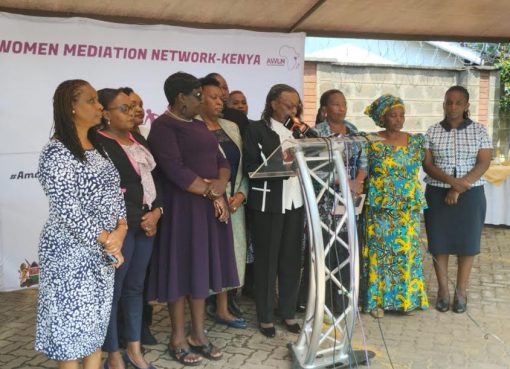President William Ruto has urged investors to take advantage of the lucrative investment opportunities available in the country.
Speaking on Tuesday when he officially opened the Nexgen Packaging Kenya EPZ, Athi River in Machakos County, President Ruto outlined the measures that have been put in place to create a conducive investment environment in the country.
He singled out the reduction of power tariff by 50 percent for investors or manufacturers working at night as one of the measures that has gone a long way in creating an environment hospitable to investment.
“We’ve done away with the requirement that one must use power to full capacity during day time to benefit from reduction at night,” said President Ruto.
He also disclosed that the government has increased acreage under cotton from 44,000 acres last year to 104,000 acres this year as part of efforts to increase local fabrics.
“This morning, I also approved 5,000 acres for the Naivasha industrial economic zone for more investments,” he noted.
The President said Kenya’s investment in infrastructure, human resource development, renewable energy as well as regulatory incentives and robust justice system has positioned Kenya as an attractive investment destination.
He announced a partnership between Kenya and the United States, facilitated by USAID with over $11 million, aimed at job creation, boosting trade, and fortifying the textile and apparel subsector.
According to Ruto, the investment aims to expand Kenya’s fashion industry, grow its apparel manufacturing base, and introduce new vertical integration capabilities to the textile and apparel subsector.
“This partnership embodies the future of Kenya – a future built on solid investments, with skilled labour, efficient technology, quality manufacturing, and strong linkages with global markets,” he said.
He stressed the government’s commitment to realizing the textile and apparel sub-sector’s full potential through vertical integration, enhancing the value chain to reduce costs, enhance quality control, and promote economies of scale.
He said Fabric production will be pivotal in giving Kenyan-made apparel a competitive advantage.
“Such an investment would be particularly opportune, given that 40,000 farmers are already farming cotton and producing between 20,000 and 40,000 bales annually, with the potential to increase the number of farmers and acreage under production to achieve at least 260,000 bales annually,” he said.














Comment here